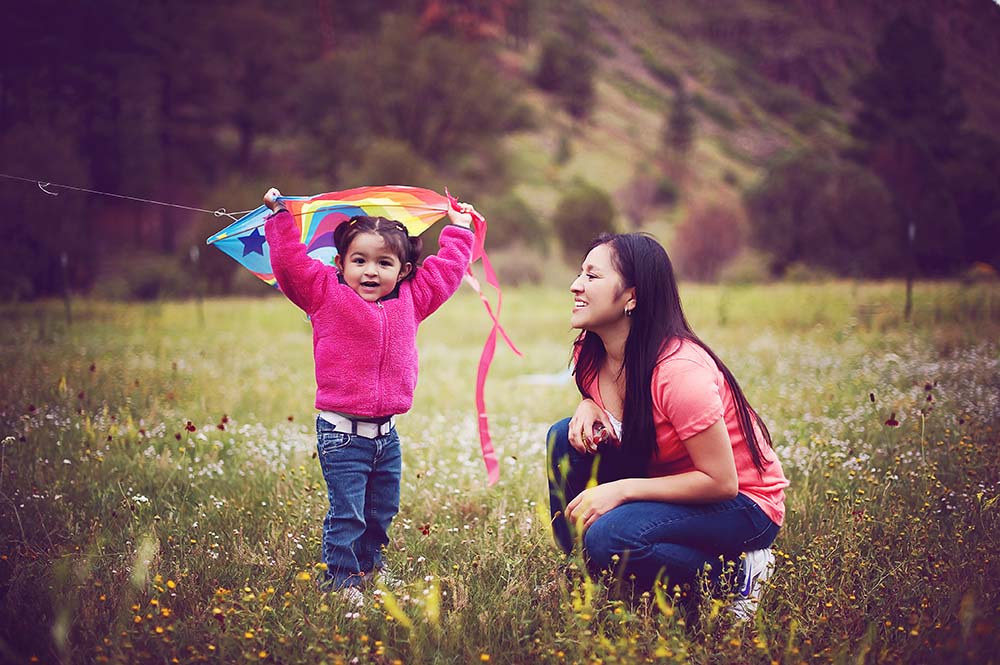
- Details
- By BOK Financial
Going from “unbanked” to banked can be the first step to economic empowerment
Where do you go to cash your paycheck? A payday loan store? A pawn shop? A bank?
If you’re among the 12 million American adults who do not use a bank or credit union for financial transactions, becoming “banked” may be the first step toward becoming more financially secure.
Research shows that adults without a bank account could spend an average of $40,000 over the course of their lifetimes paying for alternative financial services through places like payday loan stores and pawn shops.
Nevertheless, some Americans opt for these alternative routes because of personal bad experiences with banks or systemic mistrust of the federal government and institutions associated with it, according to experts.
In fact, more than 16% of American Indian and Alaska Native (AIAN) households are unbanked, compared to 13.8% of black, 12.2% of Hispanic, 2.5% of white, and 1.7% of Asian households, according to a 2019 FDIC survey
“Some folks just don’t like going into banks,” explained Tony Porter, a Bank of Oklahoma consumer area manager. “They don’t consider a bank a resource to achieving their financial goals due to past negative experiences like being turned down for a loan or too many fees—it may feel like a bank is just part of the system that’s holding them down. The more we can share resources and educate our communities, the more we can help to change the mindset of entire communities.”
Financial literacy at any age
To truly bridge the gap between Native American communities and banks, the financial services industry has to reach out to Native Americans from a young age, said Raelene Whiteshield, known as Tsa-Geah-Hodle-Mah in the Kiowa language. Whiteshield is a commercial banking client relationship specialist at BOK Financial.
“It would be beneficial if a lot more financial institutions came in and helped introduce ‘basic 101’ finances like checking accounts, how you obtain credit, how you maintain your credit and homeownership,” Whiteshield said. That outreach would not only build financial literacy but also help Native Americans have more confidence in banks, she explained. “There’s a little bit of a trust issue.”
But it’s also never too late to start your journey to becoming banked, saving for retirement and even building generational wealth, experts said. One option to get you started is opening an Opportunity Banking account, which has no overdraft fees, offers a low opening deposit minimum and requires only a small monthly fee.
Home ownership key to building wealth
Building wealth today can give future generations a leg up, said TC Alexander, community development relationship manager for BOK Financial. One of the most common ways to pass on this generational wealth is through real estate, he added.
“Every monthly mortgage payment you make is an investment rather than just paying the rent. In effect, that mortgage payment is a payment you’re making towards your future, or future generations, who will realize the benefit of that investment when the house is sold,” he explained.
One option for members of federally recognized tribes is the federal Section 184 program, which is available in some states and counties, and requires a lower minimum down payment than Federal Housing Administration (FHA) loans require.
But utilizing this program and taking other steps toward building generational wealth, such as earning interest and returns, requires becoming “banked” if you aren’t and becoming more comfortable with banks, if you are. Meanwhile, it’s up to banks to offer lower fee options such as Opportunity Banking.
In Porter’s words: “I believe it should be everyone’s right to have the ability to access a bank. If we can offer something that doesn’t allow fees to build up, it removes some of the obstacles for some folks.”
Help us defend tribal sovereignty.
At Native News Online, our mission is rooted in telling the stories that strengthen sovereignty and uplift Indigenous voices — not just at year’s end, but every single day.
Because of your generosity last year, we were able to keep our reporters on the ground in tribal communities, at national gatherings and in the halls of Congress — covering the issues that matter most to Indian Country: sovereignty, culture, education, health and economic opportunity.
That support sustained us through a tough year in 2025. Now, as we look to the year ahead, we need your help right now to ensure warrior journalism remains strong — reporting that defends tribal sovereignty, amplifies Native truth, and holds power accountable.
 The stakes couldn't be higher. Your support keeps Native voices heard, Native stories told and Native sovereignty defended.
The stakes couldn't be higher. Your support keeps Native voices heard, Native stories told and Native sovereignty defended.
Stand with Warrior Journalism today.
Levi Rickert (Potawatomi), Editor & Publisher
